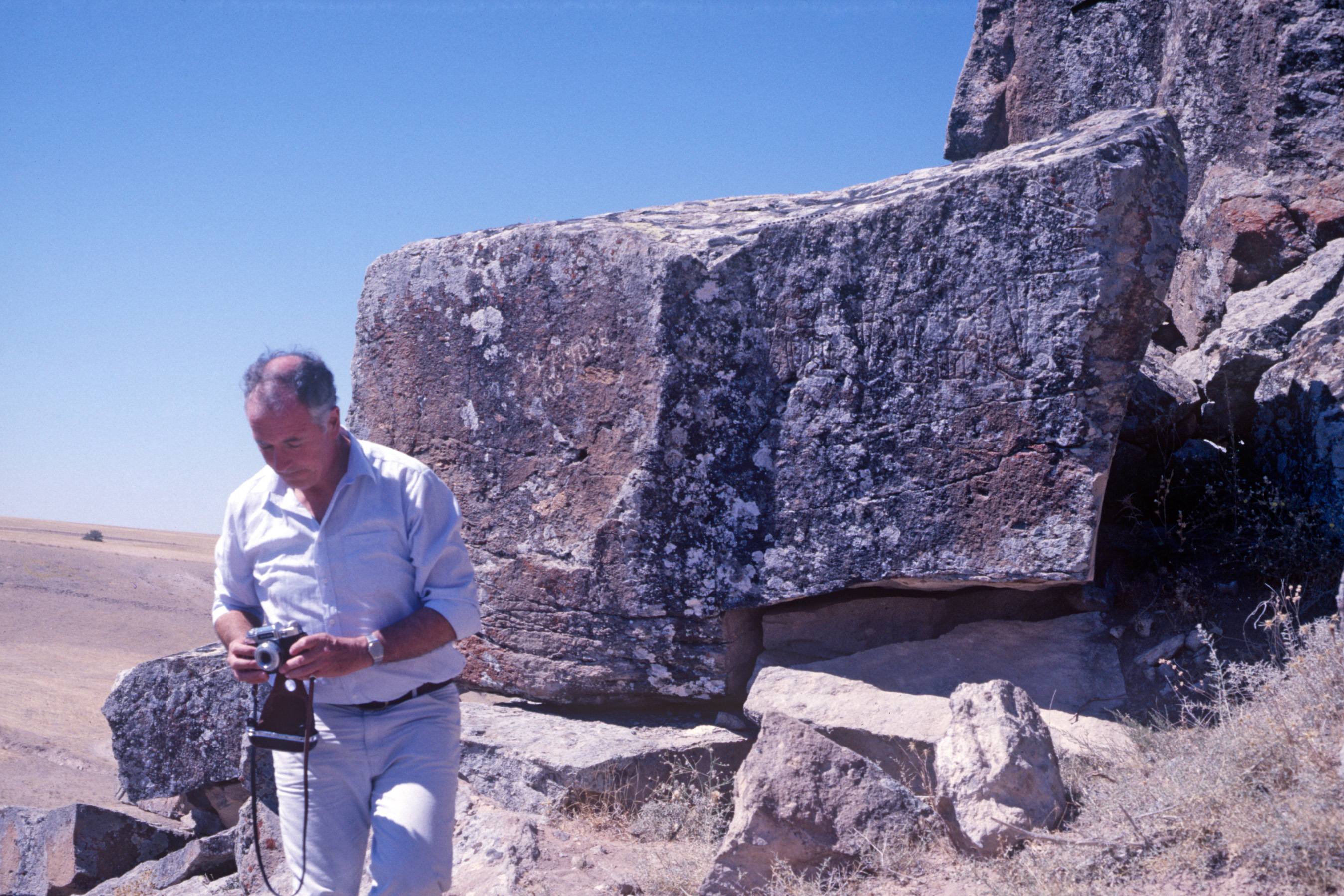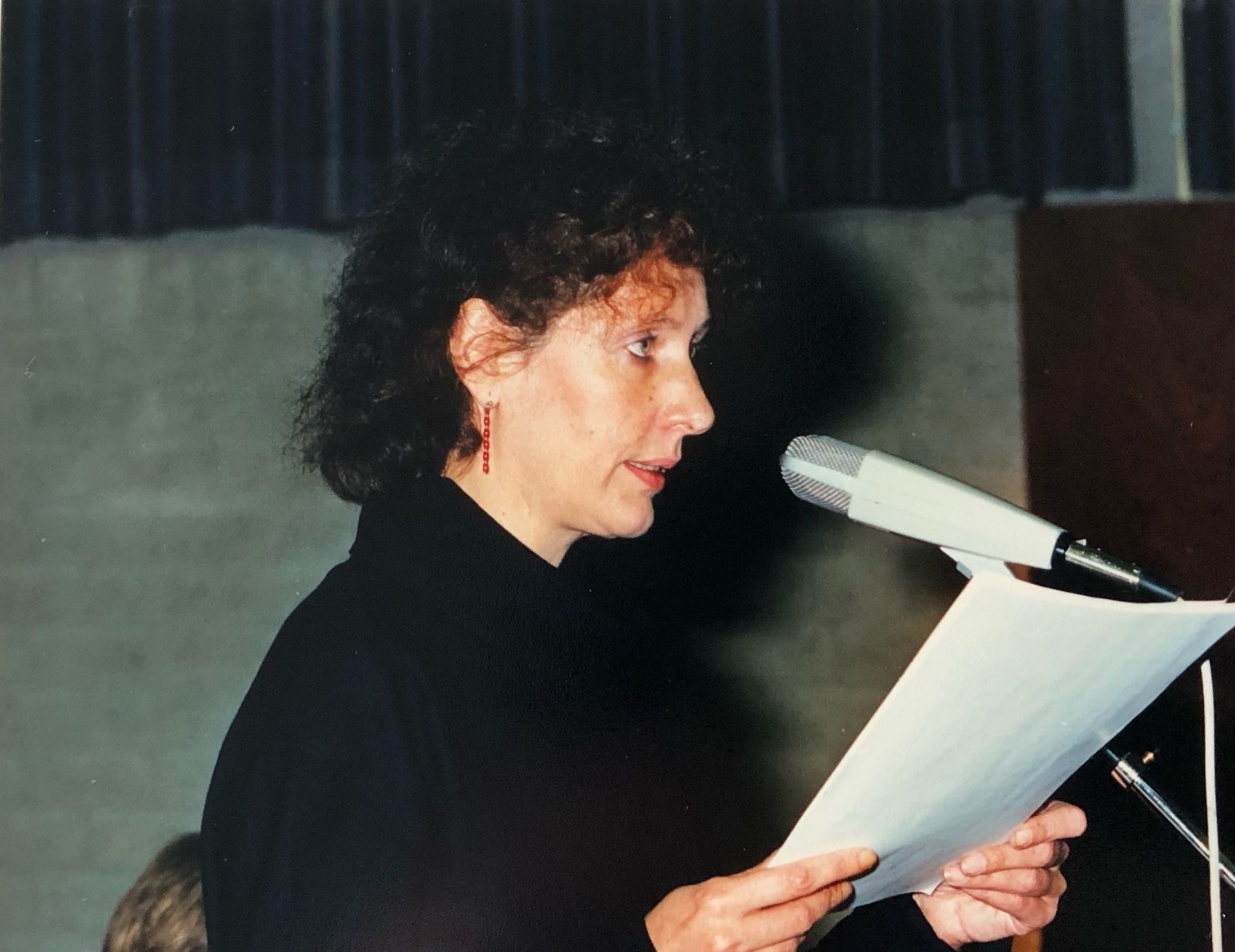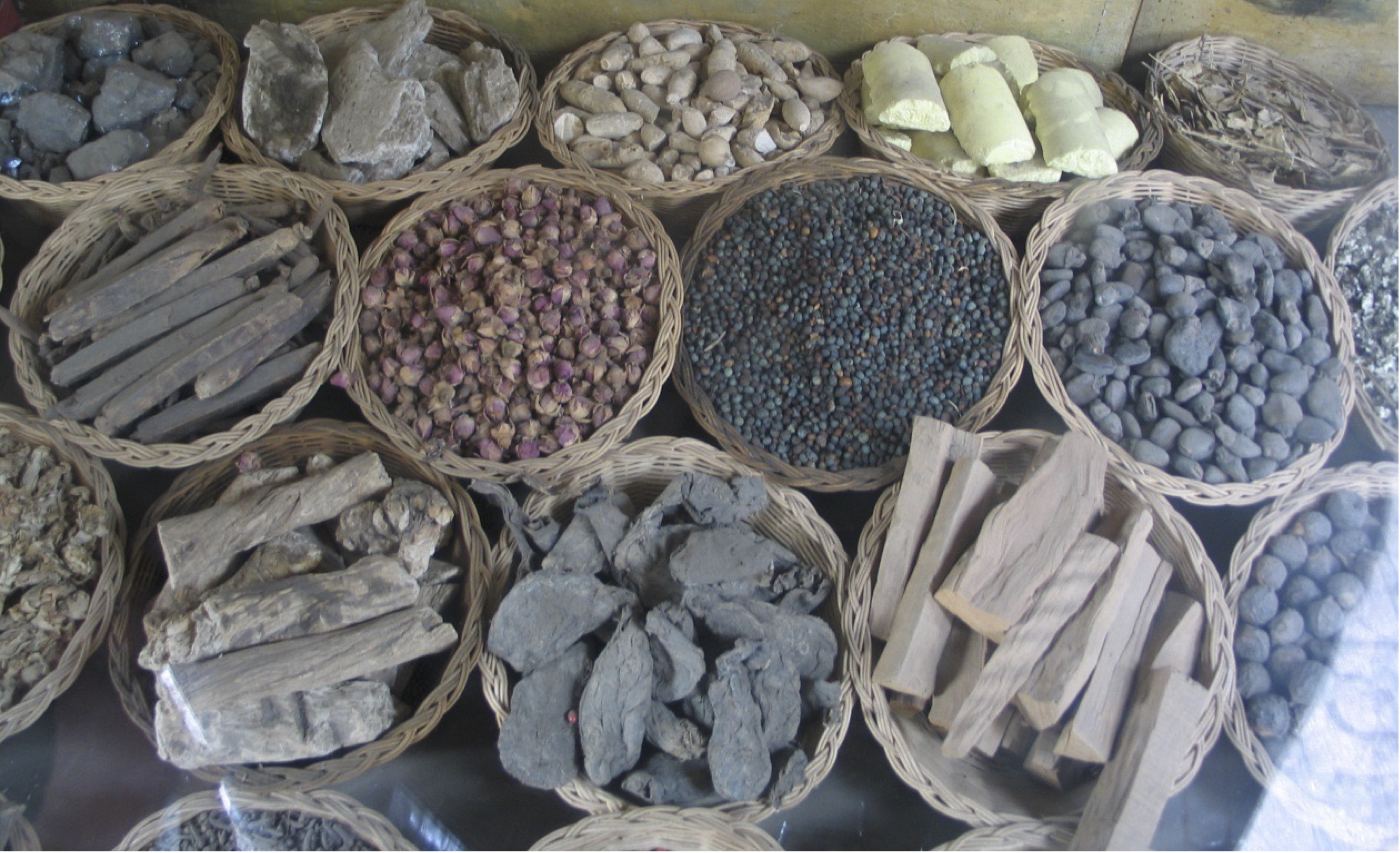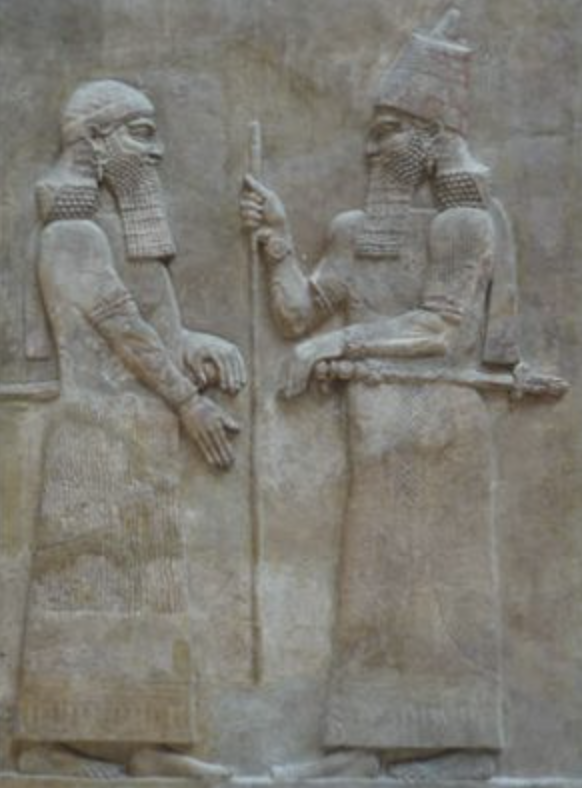LCANE Autumn 2024 seminar series, Mondays at 6.15pm, convened by Margaret Serpico, UCL Institute of Archaeology. Room: UCL Roberts Building, G8, Sir David Davies Lecture Theatre.
To participate online please sign up via Eventbrite: https://www.eventbrite.co.uk/e/unusual-aspects-of-animals-lecture-series-tickets-1032864093307?aff=oddtdtcreator
Oct. 7th. In person – Dr Marie Vandenbeusch, Curator, Funerary Culture of the Nile Valley, British Museum
The donkey in ancient Egyptian religion: a badass perspective.
In ancient Egypt, donkeys were essential in both trade and agriculture, but their value was greatly nuanced by their perception in religion. The ambivalent nature of the animal is often reflected in funerary, magical or ritual sources, while its well-known association to the evil god Seth is constantly reminded in the modern literature. Either benevolent or evil, donkeys are often seen as ambiguous entities that can be recognised as dreadful beings possessing powers praised for their protective efficiency. Although they can be associated to Seth, they also followed their own path. In magical texts, the animal was feared and revered at the same time, becoming a powerful entity holding spears and evoked as a protector, while in Graeco-Roman temples it will be annihilated as the archetype of evil. In this presentation we will attempt to follow these donkeys – the good and the bad – by exploring iconographical, textual and archaeological sources spanning from Predynastic to Roman times.
Oct 21st. Zoom only – Dr Angela McDonald, Senior Lecturer, Egyptology, Classics, School of Humanities/Sgoil nan Daonnachdan, University of Glasgow
Now you see me?… Coaxing molluscs from their shell in the script and beyond
Animals lurked at the ends of ancient Egyptian words, silently imparting meaning. They were visible only to a select few who could read texts; the vast majority of people who listened to texts being read aloud might have been unaware of the role they played. But even the literate did not encounter all animals equally in the script. On the spectrum of popular use, the crocodile sat at the busy end, appearing in a variety of words connected with violence, greed and insidiousness. Other aquatic creatures, however, had a much more restricted role, particularly the humble mollusc. Despite the fact that shells appear in the material record throughout dynastic Egypt, the creatures that lived inside them remain elusive. How can we coax these creatures out of their shells and into the light so that we can consider their meaning?
Oct 28th. In person – Dr Shyama Vermeersch, British Academy Postdoctoral Fellow, School of Archaeology, University of Oxford
The Relationship between Animals and Plants in the Ancient Near East – effects on farming, inequality, and empire
Animals and plants are interlinked components in farming, and form two sides of the same coin despite being arbitrarily separated in research. Crops can be grown to feed animals, whereas animals can be used to plough and manure the fields. Typically, in more egalitarian societies a focus on manuring fields is seen (intensive farming) which develops to a system where ploughing and working larger tracts of land becomes the focus (extensive farming), which leads to greater inequality. This Is the case, for example, in northern Mesopotamia.
In the Ancient Near East, the Bronze and Iron Ages are characterised by the rise of complex urban-based societies and dominion of empires. But what about a region such as the southern Levant? The farming and urbanisation processes of empires —and their relationship to inequality—have been assumed to apply to the southern Levant, but this is untested. The region’s heterarchically organised settlements, lack of overarching social identity, and absence of centralised administrative institutions stand in contrast to its neighbouring empires. The impact of taxation and the collapse of empires on local farming, and its effects on inequality, are unknown. Using stable isotope analysis, economics, and (bio)archaeology, I investigate the extent of past empires’ influence and impact on southern Levantine farming, inequality, and urbanisation.
Nov 11th. Zoom Only – Dr Elizabeth Bettles, Visiting Research Fellow, NINO, Leiden University
The giraffe and the hare: hieroglyphs in Deir el-Medina tombs as indicators of a painter’s handwriting
Hieroglyphic signs of the giraffe (Gardiner E27) and the hare (Gardiner E34) within texts painted in Ramesside tombs in Deir el-Medina are among signs which help identify the distinctive handwriting style of individual painters who lived in the workmen’s village at this time. As a result, they offer information about the different funerary contexts where a painter could work and the nature of his involvement in the thriving funerary commerce. Furthermore, they indicate the extent to which the components of painted signs can vary from the images published in Egyptologically-accepted sign-lists
Nov 18th. In person only – Prof. Paul Nicholson and Dr Henry Bishop-Wright, Department of Archaeology and Conservation, School of History, Archaeology and Religion, Cardiff University
Dating the dead: chronology and context at Saqqara’s sacred animal necropolis
The presence of votive sacred animals at Saqqara has been known for many centuries and were a source of fascination to early travellers. However, it was not until the 1960s that Professor W.B. Emery identified what has come to be known as the ‘Sacred Animal Necropolis’ at North Saqqara (SAN). His work has thrown a great deal of light on the scale of the animal cults at Saqqara but has also raised many questions about their operation and their development at the site. This talk looks at new project, funded by the Leverhulme Trust, which is attempting to draw together the dating evidence not only for Emery’s SAN but for the burials of sacred animals across the north Saqqara necropolis. Some of this evidence comes from publications while other aspects are drawn from statistical analyses of the pottery and from radiocarbon dating of museum specimens.




 The 2022 AGM of the London Centre for the Ancient Near East is to be held on April 25th at 6pm and will be followed by a lecture by Professor Karen Radner (Munich) entitled
The 2022 AGM of the London Centre for the Ancient Near East is to be held on April 25th at 6pm and will be followed by a lecture by Professor Karen Radner (Munich) entitled




 Fig. Old Babylonian Sites in the Hamrin Basin.
Fig. Old Babylonian Sites in the Hamrin Basin.










 Tickets are now on Sale for Selena Wisnom’s play Ashurbanipal: Last Great King of Assyria, which coincides with the end of the British Museum’s Ashurbanipal exhibition.
Tickets are now on Sale for Selena Wisnom’s play Ashurbanipal: Last Great King of Assyria, which coincides with the end of the British Museum’s Ashurbanipal exhibition.




